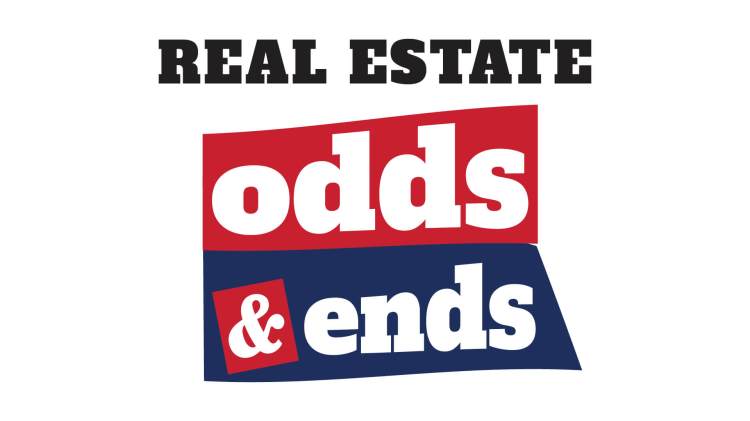Melissa Cohn is President of MC Home Loans. She’s been a pioneer in the mortgage field for more than 35 years and is a nationally recognized expert in the mortgage industry.
The tax bill has passed the House and the Senate. It is expected to be signed by President Trump by Christmas. Here are my takeaways…
Basics of the tax bill:
-
- Corporate tax rate to go from 35% to 21%.
- Child tax credit to go from $1,000 to $2,000 per child.
- Doubles the estate tax exemption from $5.5 million to $11 million.
- Individual maximum tax rates to go from 39.6% to 37% and will expire in 2025.
- Allows for up to $10,000 of deductions in state and local sales, income, and real estate taxes.
- Doubles the standard deduction from $12,000 to $24,000.
- Mortgage interest deduction reduced to $750,000—existing mortgages remain at $1 million.
- Mortgage interest remains deductible for primary and secondary homes.
- Home equity loans are no longer tax deductible.
- Depreciation reduced from 39 years to 25 years.
- Elimination of mandate for individuals to buy healthcare or get fined in 2019.
- 20% deduction for pass thru businesses.
- Alimony will no longer be deductible in 2019.
- Total reductions add up to $1.46 trillion.
- 10% of the benefit goes to the middle class: households earning $100,000.
- 12% of the benefit goes to households earning more than $500,000.
- More than HALF of the tax savings go to corporate America.
- The party line is that corporate savings will create more investment in businesses and more jobs, but trickle-down economics has never really worked.
What does America say about the bill?
- 55% of Americans oppose the new tax bill, up from 45% in November!
- 33% favor the bill.
- Only 20% believe the tax bill will benefit them.
- 66% believe that the tax bill will benefit the wealthy more than the middle class.
How will home prices be affected? The new tax bill caps popular deductions that benefit homeowners and will reduce the number of itemizers. All of this reduces the tax benefits of owning a home.
According to a Moody’s report:
- NJ takes the biggest brunt with expectations that home values could fall as much as 10.5%.
- Westchester could take a 10.4% hit and NYC 9.5%.
- Greenwich and Fairfield could drop by 8%.
- Big losses could also be seen in other high tax states such as California and Illinois.
Now what?
- The biggest winners are people who buy investment properties in an LLC.
- Owners will still be able to take all deductions and benefit from the shorter depreciation time.
- Life will go on, we just need to address those who will still be buyers.
- Foreigners are not impacted by the bill and represent over 8% of buyers in the NY area.
- Second homes will retain the ability to take mortgage interest deductions.
- Investment property purchases will rise as they retain the ability to deduct all real estate taxes. and mortgage interest.
- People will not move to lower tax states in droves. Why? They can’t move their jobs.
























